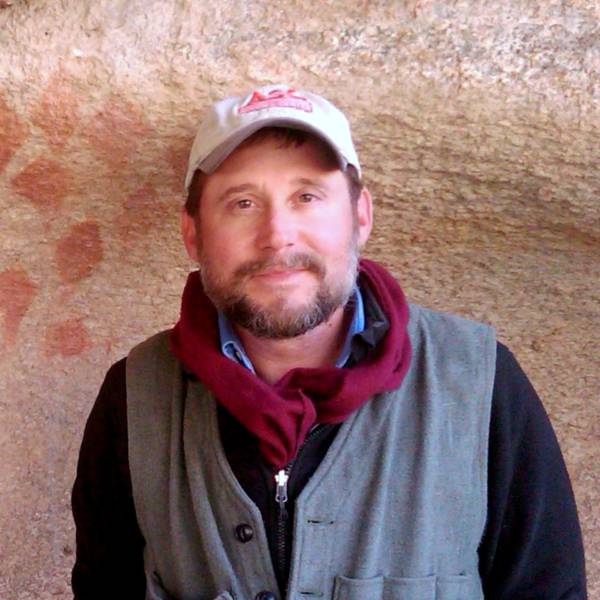I recently gave a talk on collaborative research I was doing with the National Parks Service, Elk Valley Rancheria, and Tolowa Dee ni', two Tolowa Native American groups near the Oregon border. During the talk, I mapped out a food web showing the connections between fishing, hunting, basketry, and trade. Linking all of these together is ceremony-the rituals for giving thanks, for respecting the natural world. I use this web to demonstrate how complex the native world was, and how, by tugging on one part of the web, it places stress on the entire network.
Afterwards, I wondered what it would look like if, instead of catching fish, I was buying an apple from the supermarket. I mentally ran through the connections-employment, shipping, the farms, the distributors, the energy for refrigeration. I realized that only two things could possibly sit in the position that ceremony inhabits in the Tolowa world. The first is money. The second is fossil fuels. Money and oil hold everything together the way ceremony used to, and doesn't anymore.
I don't consider myself a spiritual man, but I'd be a better person to have traditions of giving thanks at the core of my life rather than money and oil.
I recently made a pot of pasta sauce using tomatoes from the gardens of two families. As I stirred the sauce, I called into the kitchen the most spiritual person in our house. Wearing a pink t-shirt with a pony and sparkles on it, a bright red ribbon in her hair, our 5 year-old daughter came to the stove and peered up at the pot. I asked her to give a blessing for the sauce. She stood on a chair, and thanked the tomatoes for giving up their lives, and asked that they nourish the bodies of all who would taste it, her eyes closed, her hand raised, both of our heads bowed in prayer.
With a Perspective, this is Mike Newland.
